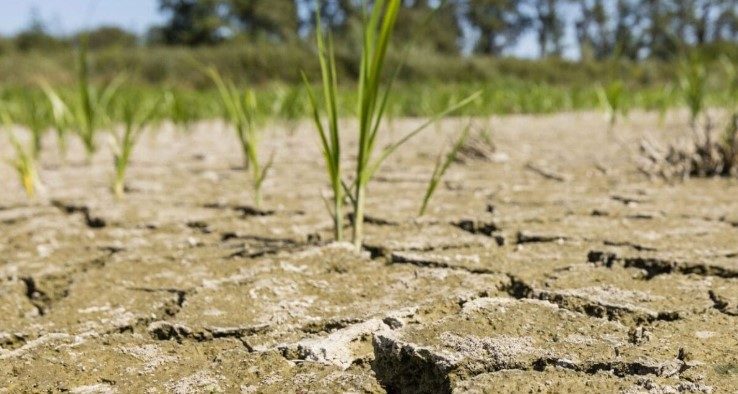Drought in Morocco: A Major Challenge for Agriculture and Human Rights

The prolonged drought in Morocco is seriously threatening food security, access to water, and the living conditions of rural populations, exacerbated by climate change.
Morocco is facing an agricultural crisis worsened by prolonged droughts, severely impacting agriculture, food security, and the living conditions of rural populations. Agricultural production has been significantly disrupted, with a 43% reduction in the wheat harvest compared to the previous year. Irrigation dams are nearly empty, limiting irrigation, and livestock has decreased by 38%. These factors weaken the sector and increase the country’s dependence on food imports.
The drought is also driving internal migration, as many rural populations, faced with the loss of their livelihoods, are forced to seek better living conditions elsewhere. This phenomenon deepens social inequalities, particularly the right of rural populations to lead a dignified life on their land.
To address this crisis, it is essential to strengthen the sustainable management of water resources and promote agricultural techniques adapted to the new climatic conditions. Farmers must be supported through financial aid and training to better adapt to climate realities. Finally, it is necessary to strengthen international cooperation to combat drought and climate change, phenomena that know no borders.
The country must also adopt more robust and sustainable strategies to address these recurring climate crises and guarantee the fundamental rights of its citizens.

